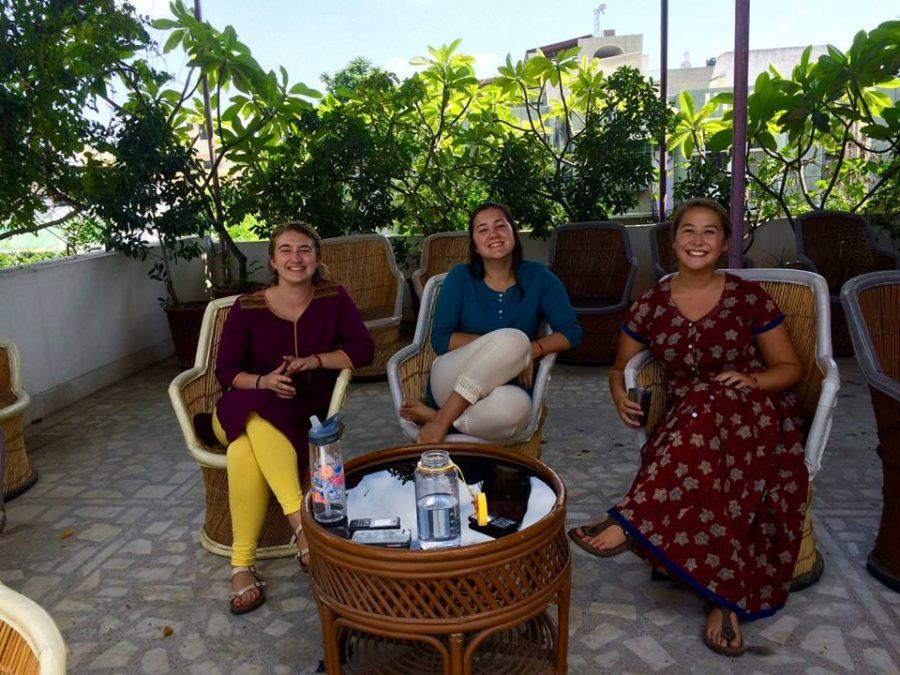Letters from Abroad: India is no Carlisle
India is loud. I expected to have a completely different experience living in Jaipur, India for a semester than I’ve been used to living in sleepy Carlisle. India is full of exciting sounds. Between the noisy monkeys and cows, the yelling street vendors, and the honking cars, trucks, and motorbikes, it’s pretty difficult to find any quiet in the city, but after a month here I think I’m used to it.
One of my favorite loud experiences so far is taking an auto rickshaw everywhere. We take one everyday to school, making it one of the constants in a place full of unexpected variables. A rickshaw isn’t always the fastest or most reliable mode of transportation, but it’s definitely one of the funnest and a favorite of locals too. Auto rickshaw drivers, or autowalas, as well as most Indians, appreciate our slim knowledge of Hindi, even if we are using it to bargain for a lower price.
You can get around the entire city by rickshaw. We take them to the clothing bazaars, to the fruit and vegetable markets, and to cafes to work on our Hindi or sustainable development homework. Studying sustainable development in India, which is considered a developing country, doesn’t feel like we are just studying it. It feels almost like we are living it and discovering what development means to a society and all of its effects, both positive and negative. Our program allows us to have a lot of interactions with different communities. I think one of the most challenging parts of coming from a developed, Western country and living in a new culture is not applying Western ideals or values onto these communities. For instance, it’s difficult for us as outsiders to say what the development needs or wants are of a community in rural India or a community in an urbanized city. It’s really meaningful to learn directly from these groups about their experiences with development and to relate it back to class when discussing policies or development theories.
Conversations that begin like this, which sometimes seem to be focused on differences between cultures or countries, tend to lead to conversations about shared hobbies and interests or similar passions. In Indian culture, it is common to invite strangers inside for tea. We are often invited into homes for chai and to continue our conversation about our similarities. Chai nashta, or “tea break,” is one of my favorite times of the day. It is a time to debrief about a lecture or to just talk about my day with my host family. To me, it is a bit of quiet and solitude among all the busyness and noise.




Anne F • Oct 7, 2016 at 9:18 pm
Have you attended any Indian weddings already or seen any? Are they really for 1000 people or that crazy number? I have attended weddings in the UK, but never in India, and am curious about the “real thing”. I maintain this blog: http://bigfatasianwedding.com , so this is an area of interest for me!